
A ‘Dragon’ Refugee Taking Corona By The Horns
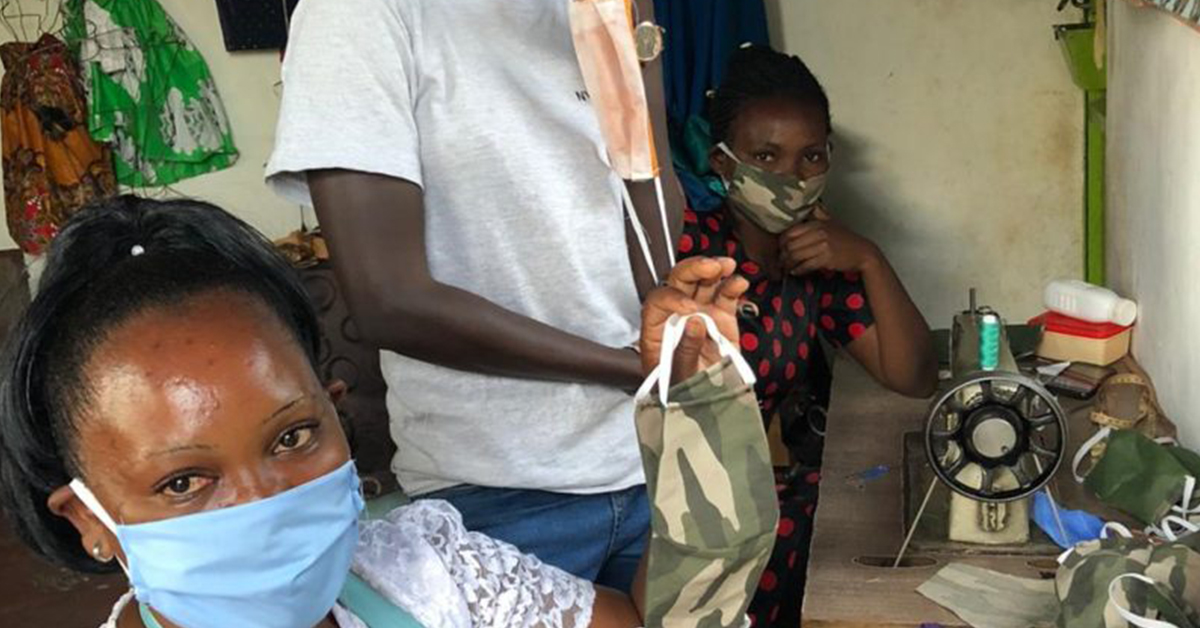
A story of a young South Sudanese refugee producing home made sanitizers and soap for vulnerable people at Kakuma and Dadaab refugee camps in Kenya.
By Viola Matela
It is no longer news that COVID-19 is wreaking havoc in the most advanced and industrialized countries of the world with the most developed health systems.
According to the International Rescue Committee, displaced populations are particularly vulnerable to the dangers of the coronavirus pandemic. For one reason it could be because they are living in war zones or parts of the world with the weakest health systems.
Governments and world leaders are running helter-skelter to act as the deadly virus continues to spread fast, claim lives and devastate communities.
Vulnerable communities such as refugees have been left with little care as efforts are shifted to containing the spread of the virus in metropolitan cities.
Kakuma refugee camp in Kenya is one of those places with little attention by the government yet it is home to over 190,000 refugees.
This propelled Adhieu Achuil Dhieu, commonly known as Monica Dragon for her strength belief in hope, to help the vulnerable South Sudanese refugees living in Kakuma and Dadaab camps in Kenya.
Dragon is a member of the Anataban Nairobi Chapter, an artist collective based in Juba, South Sudan that uses street theater, graffiti, murals, sculpture, music, and poetry to foster public discussion about issues of social injustice and government accountability and transparency.
She is only a second-year undergraduate student pursuing a degree in Commerce at Jomo Kenyatta University of Agriculture and Technology.
The Inspiration
An activist herself, she joined Anataban in 2018 while living in Dadaab refugee camp in northeastern Kenya.
However, due to the coronavirus pandemic, her schooling was disrupted when the Kenyan government closed all schools and tertiary institutions on 15th March 2020.
Dragon packing bars of soap into boxes at her duty station
The government also made compulsory to wear facial masks outside the house as a preventive measure against COVID-19. A measure Dragon says many refugees cannot afford.
The Kenyan government announced a fine of Kshs, 20,000, or a six- months’ jail term for those found not wearing masks.
Having been victims of war in the recent past, half the time, they are scared of the coronavirus and now they have to add another baggage of finding masks and sanitizers.
Dragon believes this could have forced many refugees to stay in their houses for fear of being hauled into jail. “I used to live in Kakuma refugee camp and know the living situation there very well. It is hard to get by each day without worrying about basic needs.” she recalls.
Reaching Out
Dragon thought of how she could relieve such people from stress and let them, if they must, worry only about food and not coronavirus.
“I decided to make bar soaps because the regular bath tablet would be too small for each family.” Dragon said. With this, each family would receive a bar which would last for about two weeks.
However, materials for making sanitizers, soaps, and their packaging were expensive.
By the time of this interview, she had made 130 bars for 130 households. She says they would cut the bar into smaller pieces and make the best use of it for hand washing, bathing, and laundry.
Making Masks
Dragon’s friends in Dadaab refugee camp told her that some groups of well-wishers were distributing free masks and soap. So their situation was not as wearisome as those in Kakuma.
Having observed that the majority in Kakuma, on the other hand, did not have the money to buy these essentials, she set out to the rescue, tilting more towards supporting the most disadvantaged living there.
She figured out that with the situation of the refugees, it was better to make reusable masks that could be washed each day and used again the next day.
“I have made 2,000 masks now but still planning to add 200 more for Dadaab refugee camp,” Dragon tells The Insider.
To do the work, she hired a group of women, pays them a little wage, and provides materials to make basic cloth masks.
Dragon with some of the tailors making the masks
Target Groups
Dragon insists these items are not just for any member of the community but specifically for the most vulnerable such as visually impaired, physically handicapped, and single mothers.
These vulnerable groups were identified by UNHCR officials using their refugee databases. She hopes with their help, the items shall be delivered to their families.
Assisting with distribution are youth and community leaders at the camps who receive the items and deliver to the doorsteps of the identified families.
“These leaders move from door to door of the families since they have protective masks,” Dragon says.
Before Coronavirus
Before the shutdown, Dragon used to make multi-purpose liquid soap and utensil grease removal soap as well as shower gels, shampoos, and hair conditioners for sale. She did this using basic kitchen utensils available to her like a basin and a mingling stick.
She also makes body oil called Monicado which she sells to her colleagues. With the money she raised, she took care of her expenses at the university.
Dragon wishes she could do more but her hands are tied.
“I wish I could make more soap than I have made so far and even send to South Sudan to the internally displaced women there,” Dragon said.
The items ready for dispatch to the camp
However, being a student with no formal income makes it difficult to fund the entire process alone. Apart from her brother and cousin who supported her financially, there is no other help.
Dragon says if she had another source of income, she would make more than the 130 bars of soap and 2,000 masks she currently makes.
“Prices of the materials for making detergents and soap keeps increasing day by day which is a big challenge for me,” she says.
That is not the only challenge she faces, Dragon says when it rains at her friend’s place where they work, it floods, and the rainwater penetrates the room where they dry the soap.
This either “messes up the soap or makes it take long to dry.” the 24-year-old told The Insider.
Dragon laments that some people do not believe in her work. They think she is asking for money for personal gains. Others have suggested that instead of making the soap herself, she should rather buy what is already in the market.
“I kept wondering why I should buy something which I can make while putting to best use the free time on my hands,” she says with laughter.
She says what she spends on materials to produce 60 bars of soap, can only purchase 40 bars in the market.
Dragon’s other outstanding challenge is the restriction on movements which prevents her from going to teach others how to make sanitizers and soap, especially in refugees camps where she would train women who are at the forefront of protecting their families during the pandemic era.
She says she has to buy a machine to produce between 1,000 and 1,500 bars of soap per a day. But Dragon says the soap making machines are too expensive for her to afford one.
Dragon who subscribes to the motto, “never lose hope,” appeals to everyone to help whenever they can. “Don’t wait for the right time because there’s never the right time to help someone.”
Dragon insists that women can do better in the fight against COVID-19 pandemic if they are economically empowered. For that reason, “I want to encourage more women to become entrepreneurs and help other women rise especially in South Sudan.”




















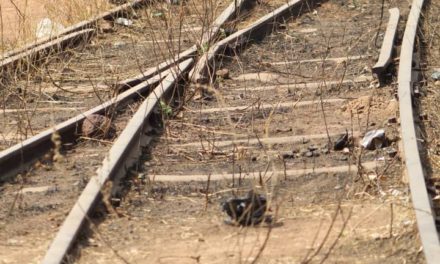
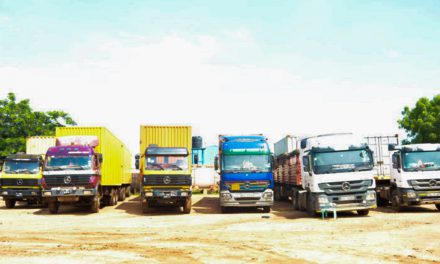
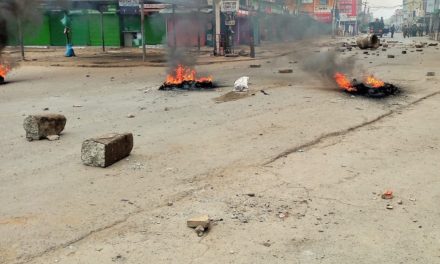
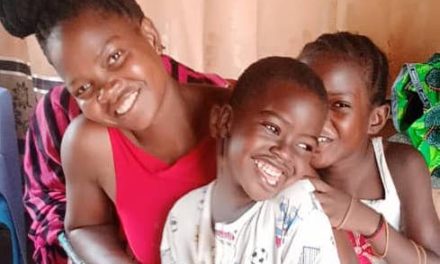
Ohhh… Heartfelt work!! Thank you for being selfless especially at a time like this when every man is only considering self!!
Thank you for the enlightening story Viola Matela!! Truly inspirational
It’s a pleasure dear Kobumanzi. And Thank you too for reading our articles. We encourage our audience to share information they find relevant and useful with their friends and family or on their social media networks.
Best Regards!